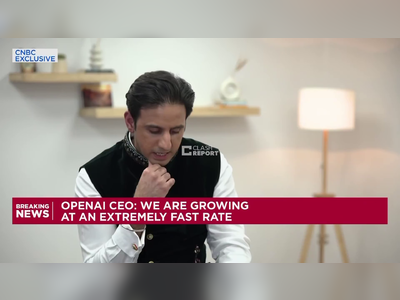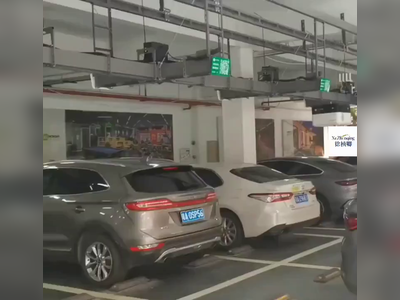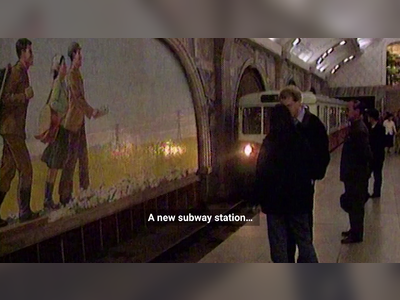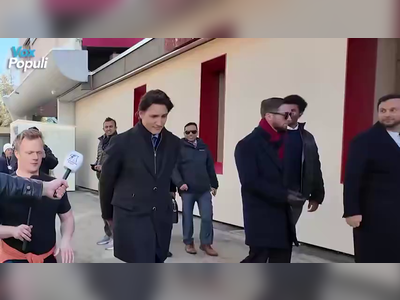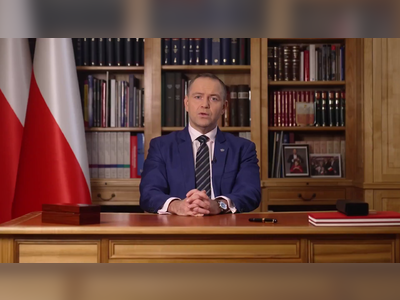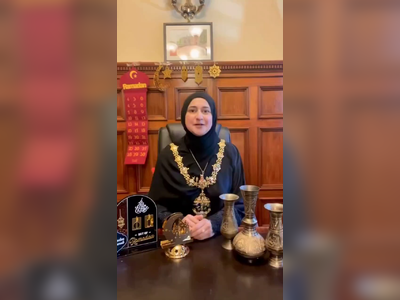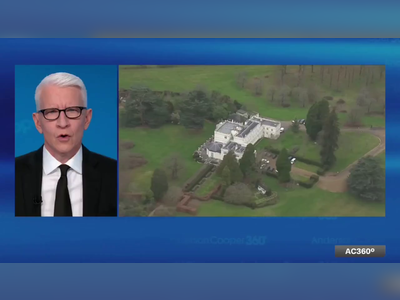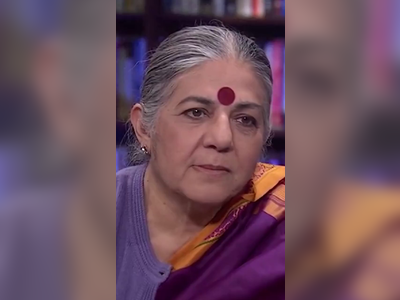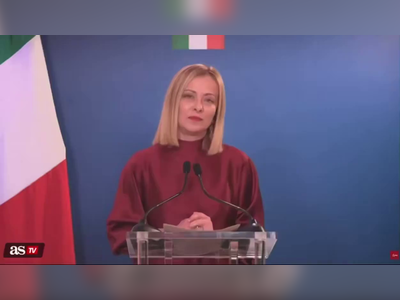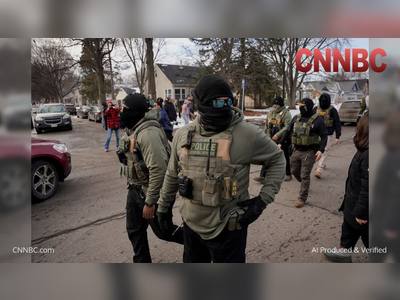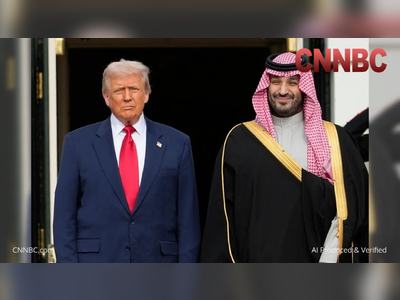
Federal Judges Criticize Pardons for January 6 Rioters
Judges emphasize the enduring impact of the January 6 events despite former President Trump's pardons.
In recent developments, federal judges have voiced strong disapproval of former President Donald Trump's decision to pardon individuals involved in the January 6, 2021, U.S. Capitol riot.
These criticisms were articulated in formal court orders dismissing cases against riot participants.
U.S. District Judge Tanya Chutkan, who was set to oversee Trump's criminal case related to efforts to overturn the 2020 election, stated that no pardon could alter the tragic events of January 6. She emphasized that the pardons 'cannot whitewash' the disruption and violence witnessed on that day.
Judge Beryl Howell echoed these sentiments, dismissing Trump's characterization of the pardons as the end of a 'grave national injustice.' In dismissing cases against defendants who pleaded guilty to felonies related to the riot, Howell remarked that rather than any national injustice, the process represented an affront to constitutional proceedings.
U.S. District Judge Colleen Kollar-Kotelly added that the reality of January 6 is permanently documented through substantial evidence and records, which remain unchanged by efforts to reinterpret the events through legal or political means.
The pardons have not only drawn disapproval from the judiciary but have also faced backlash from law enforcement officers who defended the Capitol on January 6. Former Capitol Police Officer Harry Dunn and current Officer Daniel Hodges criticized the pardons during a recent press conference, expressing concerns that such actions send a message of impunity.
In a related development, House Speaker Mike Johnson has announced the formation of a new select subcommittee to further investigate the events surrounding January 6, purportedly to challenge findings by the previous investigatory committee.
While Trump's pardons have been met with controversy, they have been greeted with relief among some January 6 defendants and certain political allies who view the actions as corrective.
Meanwhile, broader reactions from political leaders and organizations continue to reflect a divide on how the events and subsequent legal proceedings are regarded in U.S. society.
These criticisms were articulated in formal court orders dismissing cases against riot participants.
U.S. District Judge Tanya Chutkan, who was set to oversee Trump's criminal case related to efforts to overturn the 2020 election, stated that no pardon could alter the tragic events of January 6. She emphasized that the pardons 'cannot whitewash' the disruption and violence witnessed on that day.
Judge Beryl Howell echoed these sentiments, dismissing Trump's characterization of the pardons as the end of a 'grave national injustice.' In dismissing cases against defendants who pleaded guilty to felonies related to the riot, Howell remarked that rather than any national injustice, the process represented an affront to constitutional proceedings.
U.S. District Judge Colleen Kollar-Kotelly added that the reality of January 6 is permanently documented through substantial evidence and records, which remain unchanged by efforts to reinterpret the events through legal or political means.
The pardons have not only drawn disapproval from the judiciary but have also faced backlash from law enforcement officers who defended the Capitol on January 6. Former Capitol Police Officer Harry Dunn and current Officer Daniel Hodges criticized the pardons during a recent press conference, expressing concerns that such actions send a message of impunity.
In a related development, House Speaker Mike Johnson has announced the formation of a new select subcommittee to further investigate the events surrounding January 6, purportedly to challenge findings by the previous investigatory committee.
While Trump's pardons have been met with controversy, they have been greeted with relief among some January 6 defendants and certain political allies who view the actions as corrective.
Meanwhile, broader reactions from political leaders and organizations continue to reflect a divide on how the events and subsequent legal proceedings are regarded in U.S. society.

